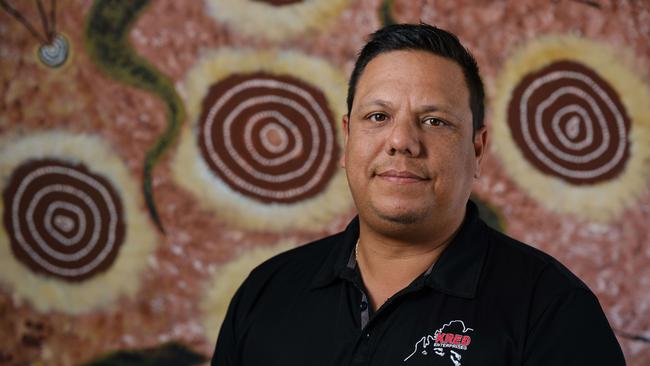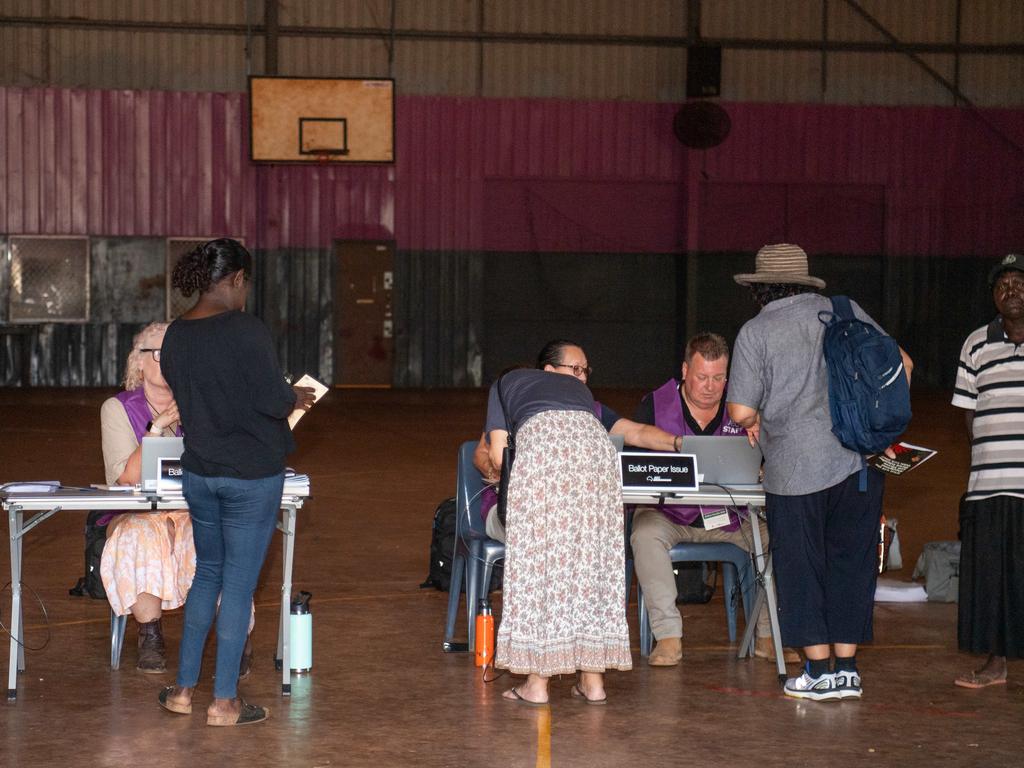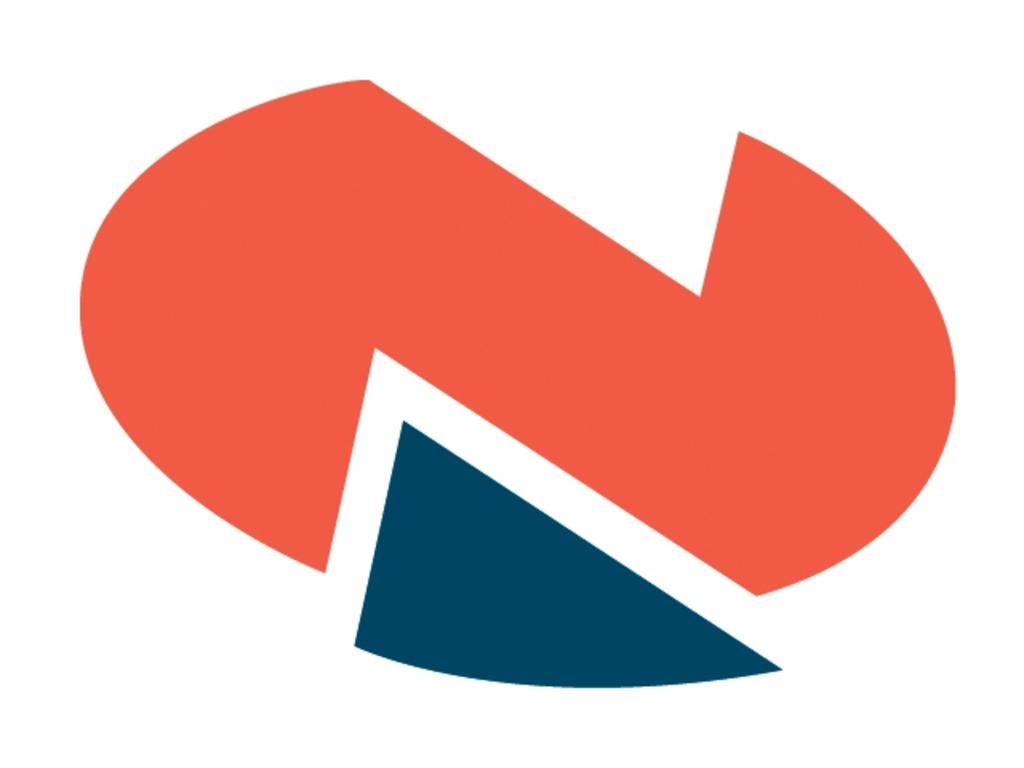Kimberley looks to find its own Voice in wake of referendum defeat
The proposed body would serve a similar purpose to what was envisaged under the referendum and would show that Australians had nothing to fear from such structures.

Major Indigenous organisations in Western Australia’s Kimberley region have started discussions about forming their own regional voice in the wake of the referendum’s resounding defeat.
The strong Yes vote recorded in remote communities and Kimberley towns with significant Indigenous populations has been interpreted as a mandate to pursue the development of a regional body that would help provide advice to local, state and federal government departments on matters affecting the region’s Indigenous people.
The proposed body would sit outside any legislated structures, but would serve a similar purpose to what was envisaged under the referendum.
One of those involved in the discussions, KRED Enterprises chief executive Damien Parriman, said there was clearly strong support for the voice from the Indigenous communities in the region.
“I was pleased to see a majority vote for the amendments from the Kimberleys; particularly the remote communities had a very large percentage of people who voted in favour,” he said.
“It reaffirmed we have that mandate up here to look at regional governance structures that will amplify and unite the Indigenous voice in the Kimberley.”
While the body proposed for the Kimberley would not have any constitutional or legislative backing, Mr Parriman said it could still be effective.
He said establishing an Indigenous voice in the Kimberley would also help show Australians that they had nothing to fear from such bodies.
“We can develop these structures without constitutional reform,” he said.
“The purpose of it being in the Constitution was to give it longevity and certainty, but these structures can still exist and we can demonstrate that these structures will not be divisive, will not create a third chamber of government, will not provide an imbalance of power.”
While much of the messaging from the No campaign targeted the amount of money already spent on Indigenous initiatives, Mr Parriman said improving accountability around government funding was a major objective of the voice.
“For us, who were advocates of the voice, we really support that notion (of increased accountability) because we know that of the number they throw around in Indigenous spend, very little actually reaches Aboriginal organisations,” he said.
“There’s a very large percentage that doesn’t reach Aboriginal organisations and is chewed up by the bureaucracy and a lot of non-Indigenous stakeholders.
“We want to see greater accountability.”







To join the conversation, please log in. Don't have an account? Register
Join the conversation, you are commenting as Logout